Baruch College Campus High School nestles itself in what is deemed one of the most liberal cities in the country, New York. As such, the majority of the student body holds politically-left ideas.
A specific student is known by the senior class to go against this tide. He often argues for what he believes in, which are ideas from a conservative perspective.
His classmate described him as “contrarian.” One day, AP English Literature and Composition teacher Rita Ross jokingly said the class would have a “debate – mostly for Joseph Newman.” Another time, she genuinely asked him if he’s ever considered being a lawyer.
As soon as he raises his hand, looks are exchanged. As soon as he opens his mouth, eyes are rolled and eyebrows are raised.
“The more I say, the worse it is for me,” senior Joseph Newman said.
Meet Joseph Newman (+ Social Media’s Role in Shaping Students’ Beliefs)
Although Newman said he doesn’t care what others might think about him, he understands how other conservatives at Baruch might stop themselves from expressing themselves because of this issue.
“I’m receiving backlash from my peers about being a conservative,” a student said, citing their reason to cancel an interview for this article after some thought.
Newman talked about how fellow Baruchians think of the few republicans in the school.
“There’s a certain judgment, certain implications that come with stating basic opinions,” he said.
Newman says he thinks people write him off because of how he looks and his background in combination with the ideas he holds.
“Being conservative, being white, I’m from the Upper East Side, I’m on the basketball team, there’s the whole narrative that kind-of is like, ‘Oh, well, he’s conservative? Well, of course he’s conservative’,” Newman said. “You get this sort of rep the second you say anything, it’s like, ‘Oh, he fits the stereotype’.”
Newman considers himself to be a Donald Trump supporter, but with time he’s “become more anti-Biden rather than pro-Trump.” He said he does not judge others based on their political opinions and likes the conversations that having a difference in opinions brings. However, he only likes these discussions when he feels the other person has truly educated themselves on whatever matter they’re debating.
He said he thinks a lot of his liberal classmates’ opinions are “general” echoes from social media, “like a parrot.”
Global History 9 and 10 teacher Deborah Glick thinks students using social media to educate themselves has both helped and harmed them. On one hand, she thinks it’s resulted in them being “more politically aware” because information is more accessible, but she also said misinformation and echo chambers are problematic.
She’s had students speak up in class, citing incorrect information they’ve heard on these apps.
“You have to balance it in a way of like, not completely shutting that person down, but trying to be like, ‘Okay, I don’t know, I have not heard that yet, so maybe let’s do more research’,” said Glick. “Everyone’s trying and it’s really hard to know if it’s not true.”
Newman wishes people did more proper research.
“If you do know [truthful context and news] and you still think differently than I do, then that makes a very good discussion. If not, I can’t take somebody serious,” he said.
He also thinks political conversations shouldn’t become “personal,” because if that tone is taken on, the talks stop being beneficial and they also won’t happen as often.
“When those [personal political] discussions happen, it’s like, ‘Oh, I don’t like that person anymore’.”
He doesn’t want anybody’s character to be judged for their political opinions, whether they fall on the left side of the scale or right.
After conversations with a democratic close friend of his, Newman found himself leaning more towards being moderate than he ever had before. That friend, who goes to NYC Lab School for Collaborative Studies, ended up alternatively becoming more conservative over time after he felt suffocated by liberal ideas at Lab all day.
One of the topics where Newman experienced classmates getting upset with him because of his viewpoint is police brutality. During his junior year, a presentation during advisory condemned the killing of a Black man and opened up room for discussion.
“I stated an opinion in a very, I’d say, calm and collected manner. I received commentary that was not in a calm and collected manner,” said Newman.
He thinks the topics of police brutality and the US’s border with Mexico are the issues most painted in a black-and-white, liberal manner at BCCHS.
He doesn’t think an arrest should result in violence, but he also doesn’t think the issue inherently has to do with race as his leftist classmates might.
As for the border, Newman said he understands where people on the left come from.
“You never want to give off the impression that you want mothers to be separated from their children, you never want to give off the impression that you want to send people back to drug cartels and you never want to send people back to a certain death,” he said.
Newman said despite this, deportations and separations at the border happen for a reason.
Where Do Educators Stand in This?
Newman also said at Baruch, teachers might not outright shut him down when he raises an argument but rather “deflect.” To him, it’s obvious they’re on the same page as liberal students.
“They have a very united front,” he said.
According to Free Speech Center, because of the Supreme Court’s decision in Garcetti v. Ceballos (2006), “public employees do not have a First Amendment protection for speech issued as part of their official duties.” This results in teachers not being allowed to speak about their political opinions unless discourse is relevant in a class such as history. Even then, they’re supposed to leave the issue open to discussion and not lean too much to one side versus another.
Newman said students might blindly take on teachers’ opinions because of their positions as important adult figures, which is a problem.
“Whatever they say, I feel like students will follow that because they think, ‘Here’s somebody who’s older than me, I respect them, they’ve been here longer than I have, they know more than I do, I’m gonna listen to what they say’,” said Newman.
Ross, who teaches Newman, said “the English classroom is a very complicated place.” Ultimately, she thinks “one of the biggest tasks is to improve our empathy and humanity.”
She said teachers in a lot of NYC schools have flexibility when choosing books for their students to read, which can result in an educator’s political and moral opinions being pushed.
“We all have a sort-of, somewhere, hidden agenda of books that we think are important for people to read,” said Ross.
One of her all-time favorite books to have her students read is “Beloved” by Toni Morrison. It deals with the impact of slavery on America.
“I would be surprised to find any thoughtful English teacher who doesn’t attempt to teach texts that meet those standards and goals but also try to offer some new lens into the universe that maybe students haven’t seen before,” Ross said.
She said she’s once taught a unit discussing immigration policy and fellow English teacher Carolyn Castagna does a disabilities unit. Ross realizes theming units can result in teachers’ viewpoints being exposed to students in a way that’s harmful if they’re not careful.
“I’d like to think that a good teacher worth their chops is working hard about broadening perspective rather than narrowing or putting in a particular direction,” she said.
Ross experienced pushback from a religiously-conservative student years ago for including “Balzac and the Little Chinese Seamstress” in her class’s required reading. She said the book has a sexual scene that lasts three lines, and it made the student uncomfortable due to their views. She ultimately gave them an alternative assignment.
Recently, the school’s underclassmen had to read “Aristotle and Dante Discover the Secrets of the Universe,” a book depicting LGBT romance.
“I want everyone to feel supported and included, but that book felt a little bit like spoon-feeding,” said sophomore Alex DeFord, who considers himself a democrat but has republican views surrounding economics. “It felt like, ‘[We] picked this book because of these messages’.”
Castagna said she decided to teach the book because she simply loved it and thought students could relate to the coming-of-age story in one way or another.
“I think the fact that Ari is gay is almost incidental because there’s so much else happening in the story. Family issues, growing up, mental health,” she said.
She hasn’t been confronted by students who didn’t want to read it due to the romance, but she has gotten “very respectful” emails from parents in the past when it was part of a summer assignment. Because the text didn’t align with their values, they requested for their student to read an alternative text.
Ross doesn’t teach this book and hasn’t read it, but she has thoughts about the good it does when it’s included on a reading list.
“In one sense, I’m like, everybody should read this book because a large swath of the population would identify with the romantic relationship in it and another swath can identify with building empathy for the kind of the relationship in the novel,” she said.
Glick, who teaches history to underclassmen, said she thinks ever since Donald Trump’s presidency and the year of 2020 in general, ideas have become politicized when at their core, they’re not.
“I think what it really has become is that if a teacher says, ‘Everybody deserves equal rights and nobody deserves to be discriminated against,’ you’re seen as liberal,” said Glick.
She went to high school in Long Island and thought the student body had similar thoughts to those in NYC because a lot of their parents worked in the city. Despite this, she said it was “crazy” to her peers that her AP United States History teacher was “kind-of critical of the US.”
Glick said “it’s become more popular” for teachers to “explicitly call out in the curriculum.” She said this needs to be done carefully but it’s a natural way in which the education system has changed over time.
Deford, who read “Aristotle and Dante Discover the Secrets of the Universe,” said there are many conversations about inequity in school and he appreciates them.
In addition to general discussions condemning oppression in Baruch’s classrooms, the school also requires its students to sign its Equity Pledge.
The small packet outlines one of the punishments for breaking the commitment of creating a safe space: “Any member of our community who uses a biased slur will be asked to learn the history of the term they have used and why it is offensive. They will be asked to share what they are committing to doing moving forward, to change.”
Religiously-Conservative Students: Meet Dakota Martinez-Jenkins and Alex Yakov
Back in the everyday classroom, junior Dakota Martinez-Jenkins doesn’t necessarily believe ideas have been purposely pushed on her by BCCHS teachers.
“It’s almost, maybe sometimes a little condescending the way teachers talk, but I don’t think it’s blatantly trying to exclude or isolate anyone,” she said.
Martinez-Jenkins doesn’t necessarily consider herself to be a democrat or republican but she holds more conservative views as she is Christian. She goes to Catholic Mass but has more Orthodox beliefs.
Before her sophomore year, she was liberal. However, after time spent with many like-minded classmates at the time, she began to see “some flawed thinking when talking about race.”
“It was kind-of more like casting blame on white people as a whole which I never resonated with,” she said. Martinez-Jenkins identifies as African-American and understands why her classmates might hold these views, especially if they’ve experienced racism from a certain group, but still does not agree with them.
While this view on racism bothers her, she is most conservative when it comes to her views on abortion and transgender identity. Even when she was more on the left, she had “never really been pro-abortion.” She thinks pro-life arguments tend to be more well-developed and “sound more sophisticated.”
As for trans identity becoming more accepted and many teens coming out, she thought this wave was sudden.
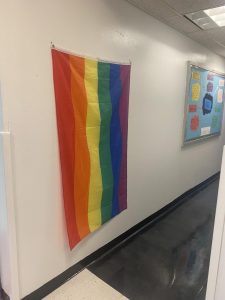
On the first day of school at BCCHS, students are typically asked for their pronouns in most of their classes so misgendering is avoided. There are also many LGBT pride flags adorning the school’s halls and classrooms.
“If you say the wrong pronouns, [somebody will go] ‘Oh, what did you just say?’ And it’s like, ‘No no no, I didn’t mean that’,” said Martinez-Jenkins.
Martinez-Jenkins feels like holding these conservative ideals as a Baruch student can be difficult sometimes.
“It’s almost like this slippery slope, like, ‘If you think this, you automatically have these oppressive beliefs’,” she said.
Martinez-Jenkins doesn’t really talk about her views with classmates besides fellow junior Alex Yakov.
Yakov is also Christian, adopting the religion in his sophomore year when he was trying to take better care of his well-being and stumbled across the idea of Pascal’s Wager.
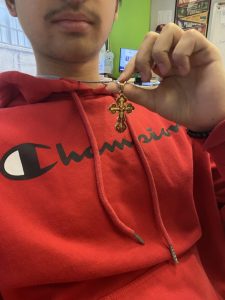
In simple terms, Pascal’s Wager is the philosophy that it’s better to believe in God and go to heaven rather than to not believe and go to hell. If God ends up not existing, a follower won’t lose anything. If he does really exist, they now have a safe spot in heaven to spend their afterlife rather than being sent to hell for being atheist.
Like Martinez-Jenkins, Yakov was liberal before. Quarantine changed him.
“I was around other people’s opinions less and less and the opinions of my parents more and more,” he said. Yakov’s parents are not Christian but do hold conservative beliefs.
When Trump won the 2016 presidential race, Yakov’s elementary school, East Village Community School in Manhattan, held a morning meeting for the whole school where teachers were crying over the election’s outcome. When Yakov got home that day, he expressed concern to his Bulgarian parents over the new leader.
“[My parents] were like, ‘Alex, this is really not that deep, we grew up with this dictator who was president for 40 years and if you didn’t agree with him, then you’d go to prison. So, we’re fine, I don’t think Trump’s gonna be anything too crazy’,” Yakov said.
Yakov doesn’t like Trump but thinks it’s inappropriate his elementary school’s staff expressed their views like that and finds this issue similarly lies within Baruch’s walls. He does not argue with these teachers, though.
“My opinion wouldn’t be heard, they would just hear the first few words and then probably silence it,” he said. He hasn’t personally been shut down by an educator but has heard of it happening to other classmates.
Overall, he thinks speaking his mind on politics in school is “pointless.”
“At the end of the day, they’ve made up their mind. There’s probably been a lot of things that led up to their opinion being formed,” Yakov said. “Same with me.”
Teachers’ Final Thoughts
Glick, who teaches history to underclassmen, graduated high school in 2015 and has noticed how students’ discussions regarding their political beliefs have changed.
“When I was in high school, I feel like sharing political views or being very political in school looked like sharing your economic views,” she said. She feels like it’s more about morals now.
Ross said she is working on creating a safe space where students, no matter their viewpoint, feel comfortable speaking. She said she doesn’t think she’s quite there yet but is trying her best.
“I think that’s a hard thing for a teacher to be able to do, but not an impossible one.”



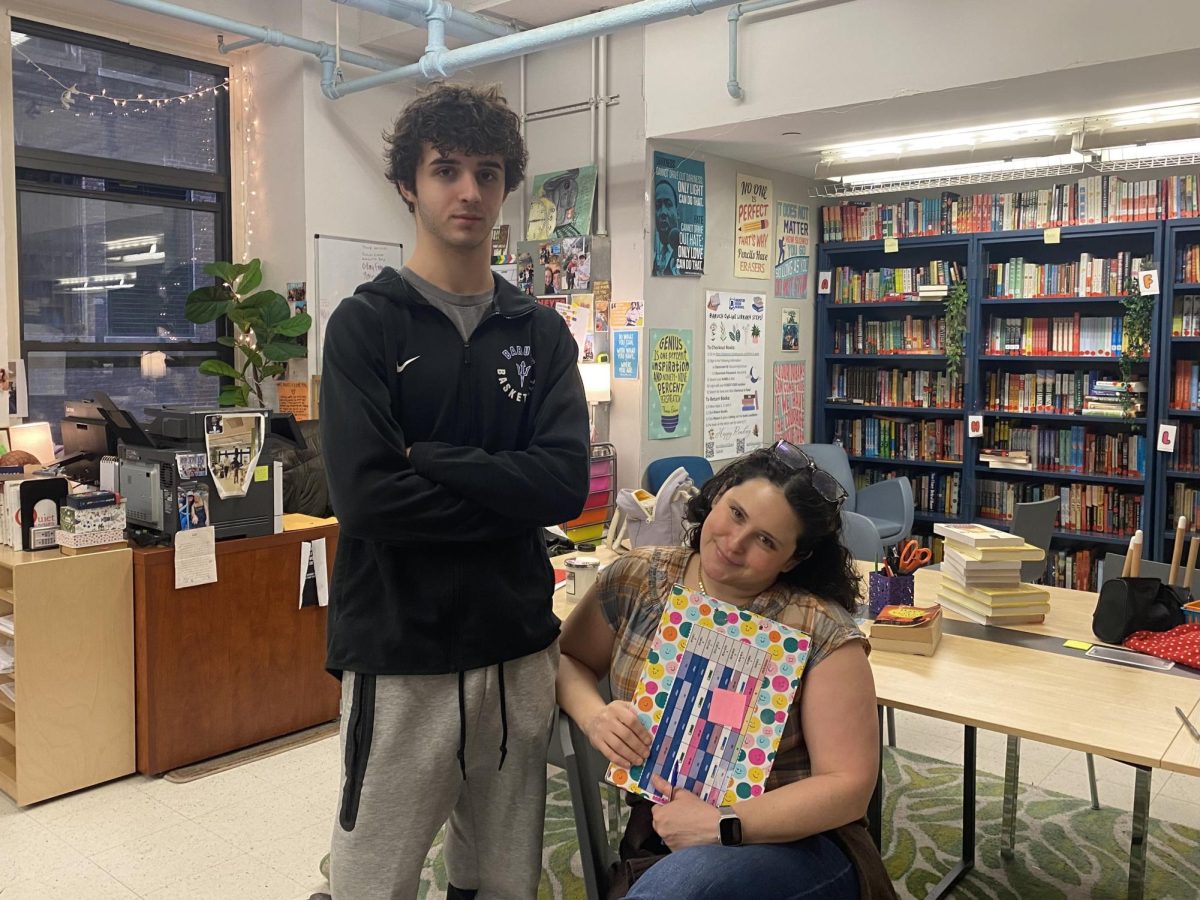
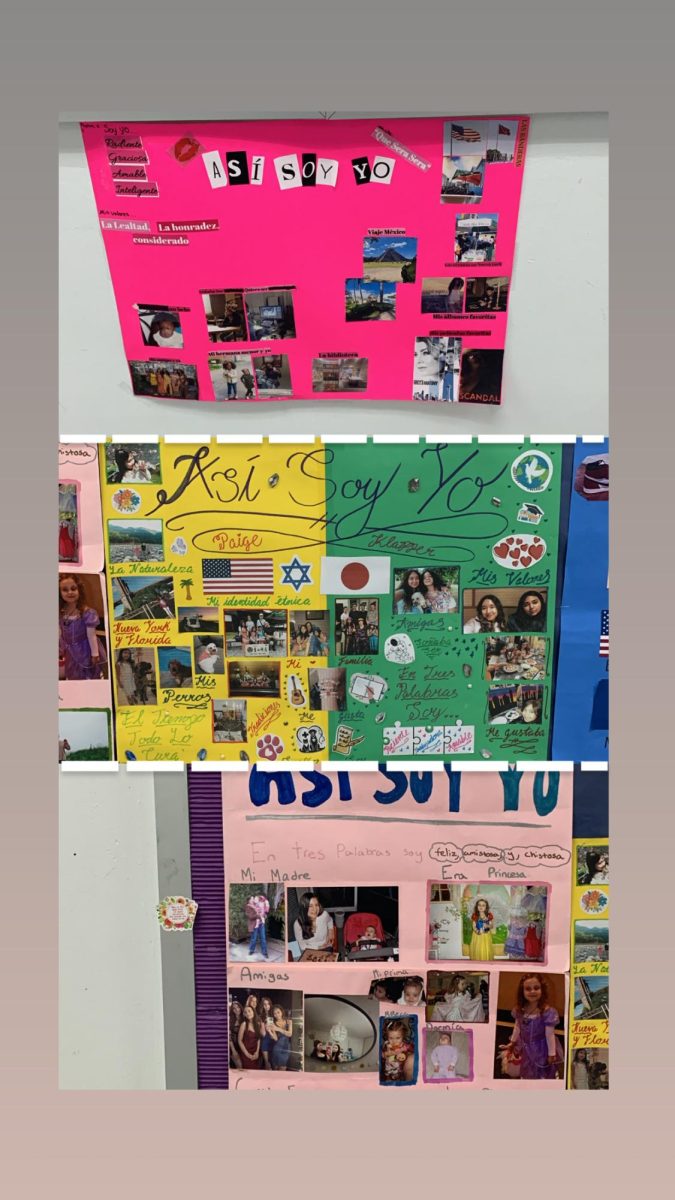
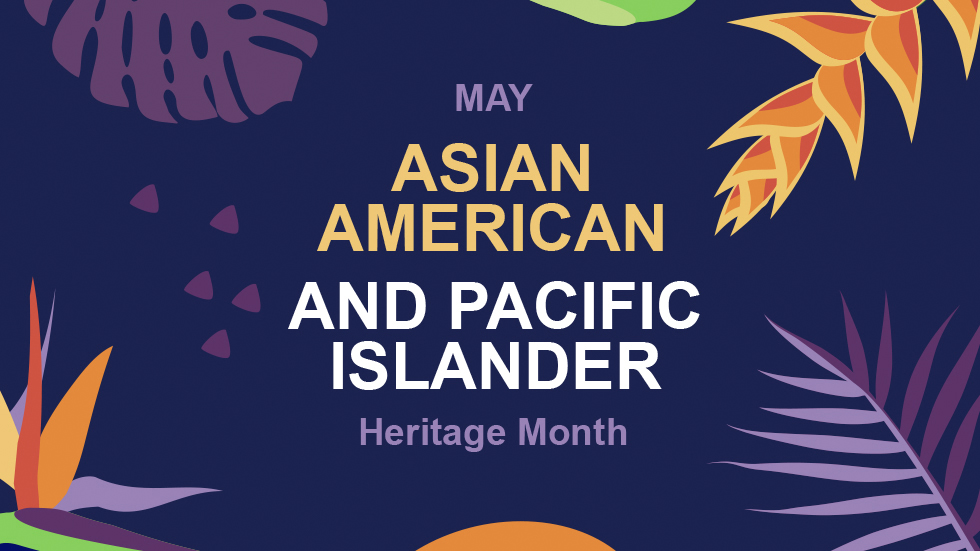

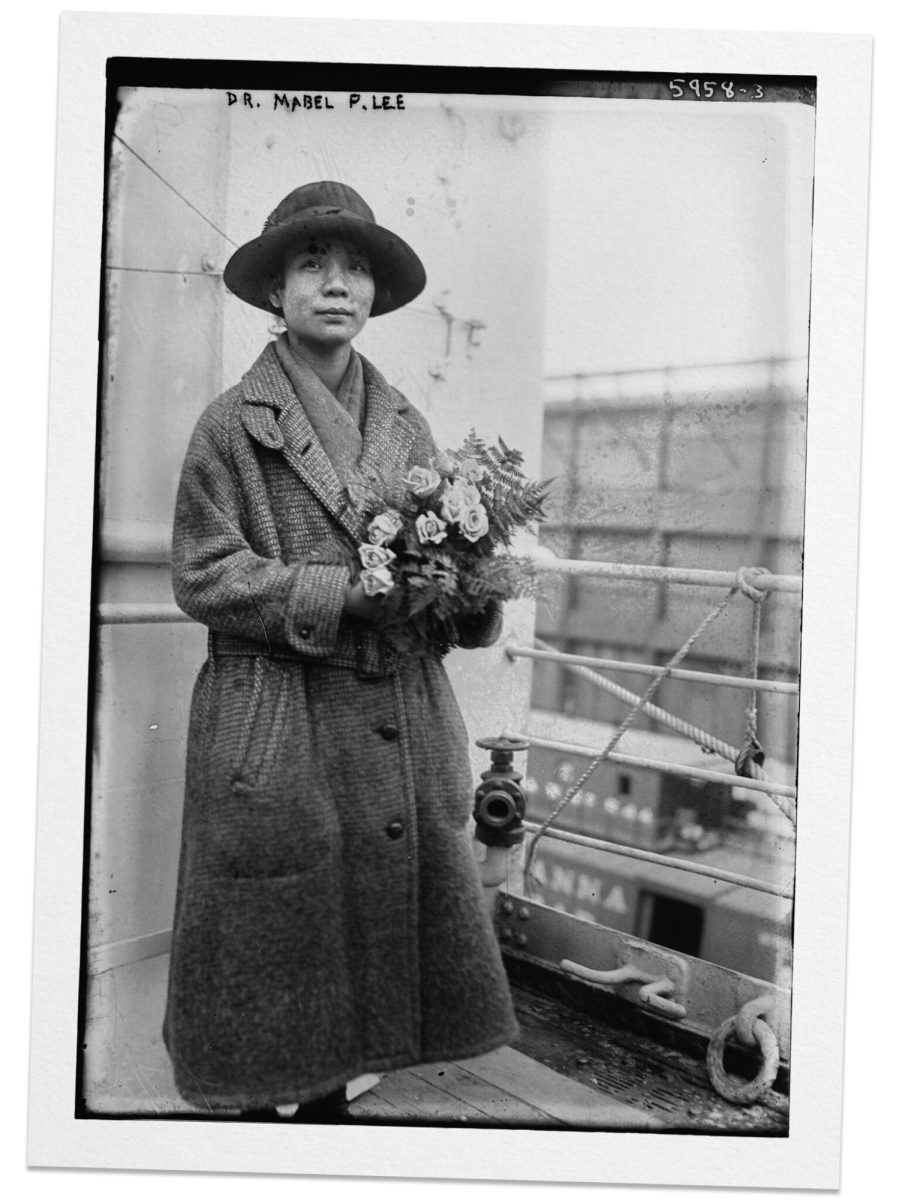
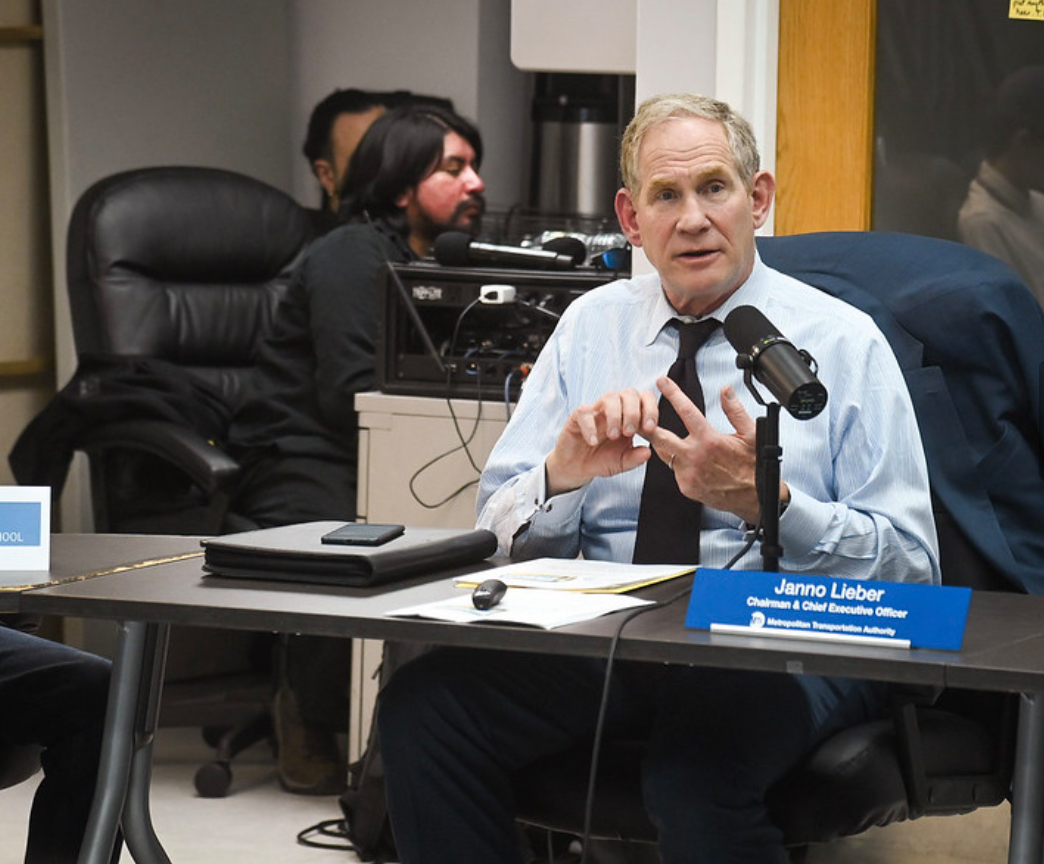
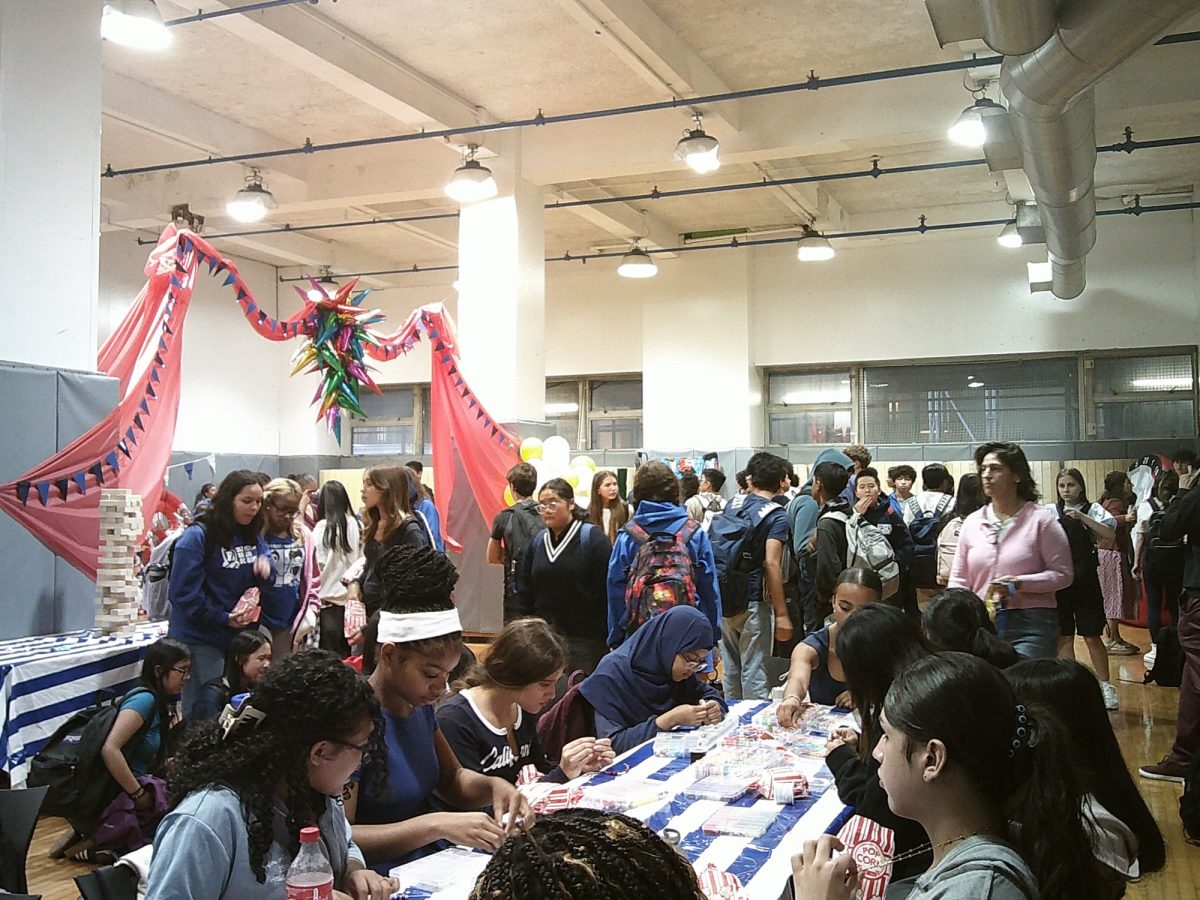
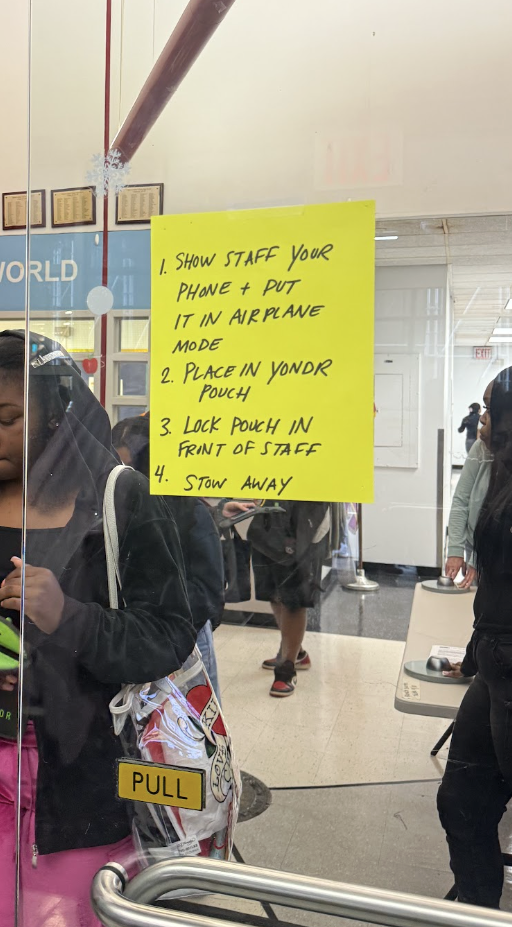
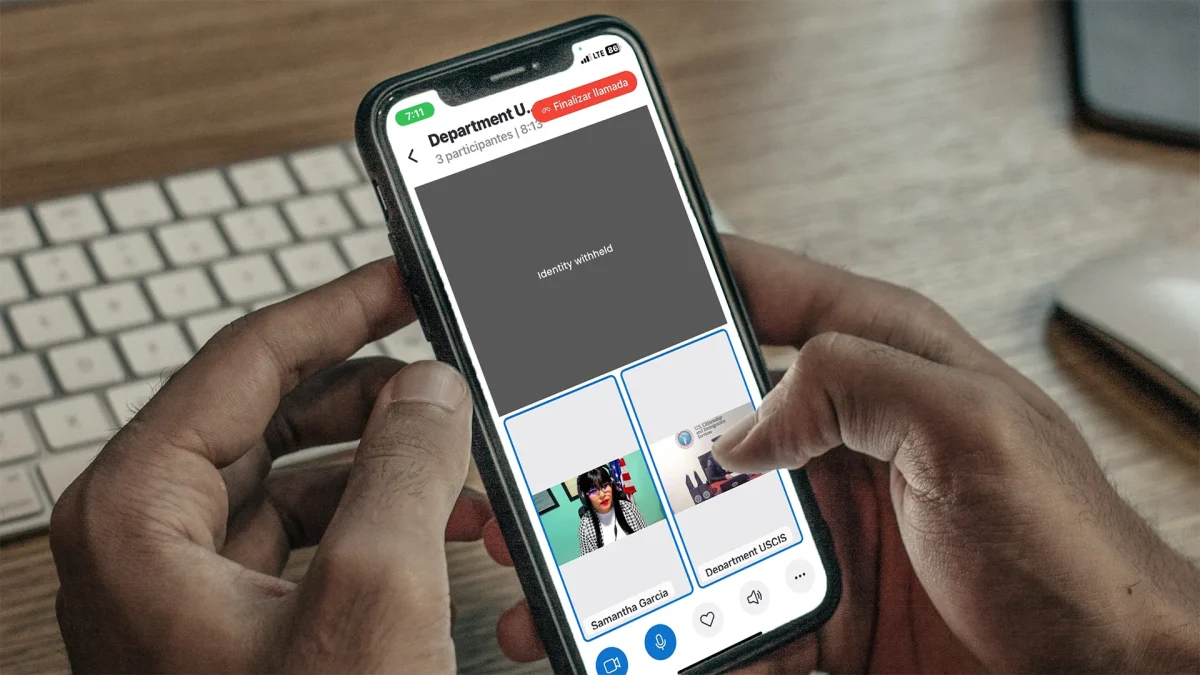


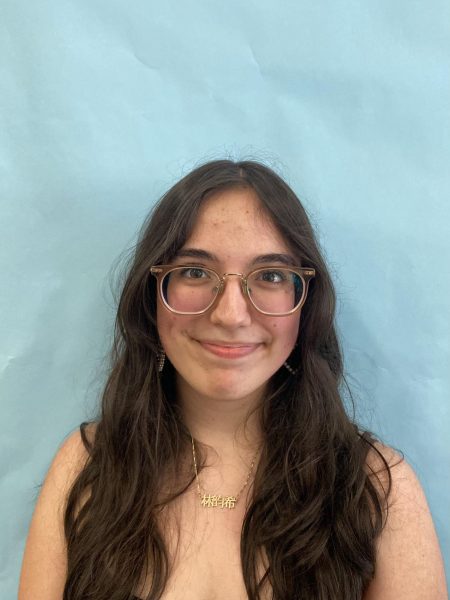
Haris Sabovic • Feb 5, 2024 at 9:48 am
This article is very well written and covers all of the points in respect to this issue in a way that seems non-biased and respectful of both sides fostering positive conversation.
With that being said, as an alumni of Baruch, this issue was prevalent since I entered the school 12 years ago, and from what I am hearing through more recent alumni and current students, it has only gotten worse over time.
Hoping that this article is read by all educators at Baruch and helps to spur some self reflection on how they are working towards the goal to create an inclusive classroom environment that is welcoming of all types of students, and not just those that align with their personal beliefs and agendas.
John Downes-Angus • Feb 6, 2024 at 11:04 am
Is this Ermin’s brother? Thanks for reading! Hello from a current teacher (the journalism teacher/former Ermin teacher).
Barry Hensel • Feb 1, 2024 at 9:43 pm
Very descriptive and connected to larger social issues
Tone is balanced and fair.
A nice contemporary essay on an important issue